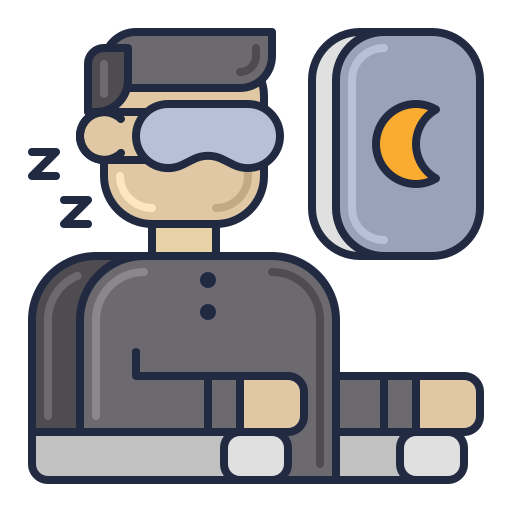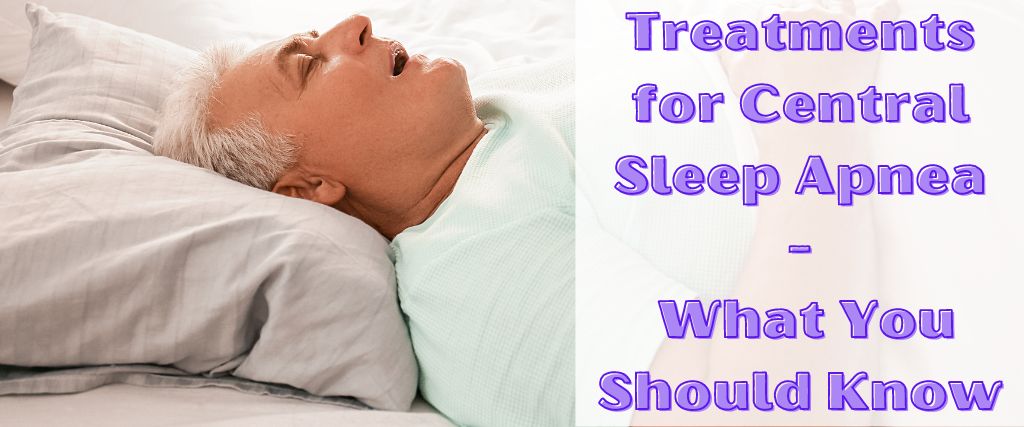Central sleep apnea (CSA) can be a serious condition that affects your ability to get quality rest. It’s always important to talk to your doctor and figure out which treatment plan works best for you. However, there are a few different options that can help with CSA, so let’s take a look at them.
CPAP Sleep Therapy
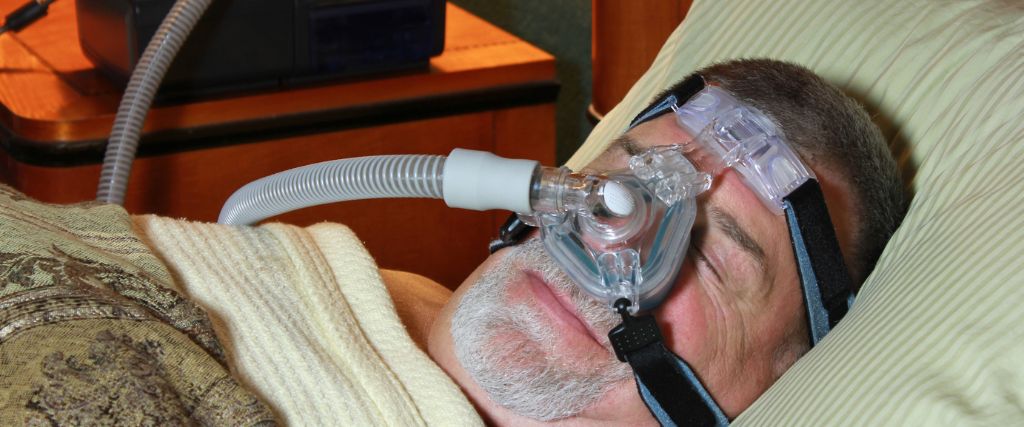
CPAP Therapy is a treatment option for Central Sleep Apnea. The letters, CPAP, stands for Continuous Positive Airway Pressure and it’s used to keep the airways open while you sleep. It does this by delivering air pressure through a mask that fits over your nose and mouth.
CPAP machines are the typical medical tools used for this therapy and have been known to be very effective. It’s important to understand that using CPAP Therapy can improve the quality of your sleep and it also reduces daytime fatigue and snoring.
Check Out Our Post on Testing for CPAP Therapy:
>>What is a CPAP Titration Study?<<
Adaptive Servo-Ventilation (ASV)
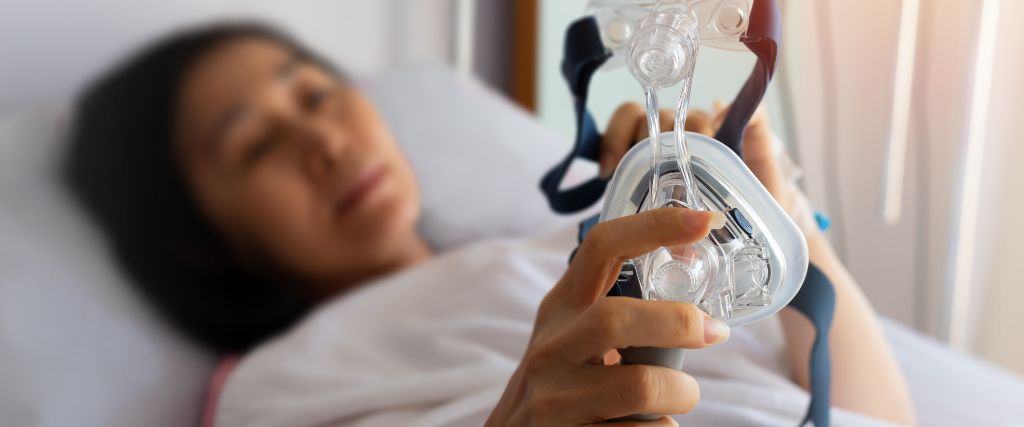
Adaptive Servo-Ventilation (ASV) is a therapy that uses a machine to regulate your breathing while you sleep. The machine monitors your breathing and adjusts the pressure to keep your airways open. This is to make sure that you’re getting enough oxygen.
ASV can be used as an alternative to CPAP Therapy and has also been known to be effective in treating Central Sleep Apnea.
BiPAP Therapy – Central Sleep Apnea
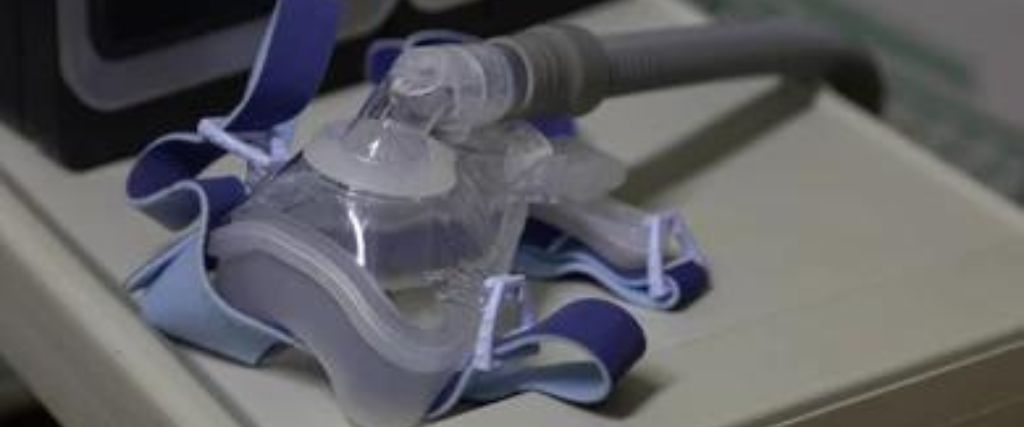
BiPAP Therapy, also known as Bilevel Positive Airway Pressure, is another therapy that can help with Central Sleep Apnea. This therapy is similar to CPAP Therapy, but it delivers two different pressures of air. The higher pressure is used to keep your airways open when you’re inhaling. The lower pressure is used when you’re exhaling.
The goal of BiPAP Therapy is to keep your airways open. This is to make sure you’re getting enough oxygen. Like CPAP, it can also help reduce snoring, improve the quality of sleep, and reduce daytime fatigue.
Apnea Surgery – Central Sleep Apnea
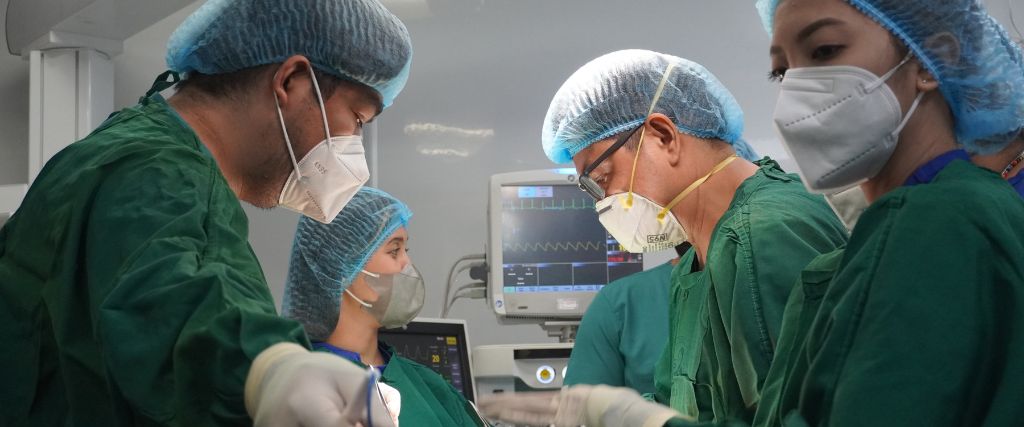
In some cases, Central Sleep Apnea can be treated surgically. The goal of surgery is to open up the airways and reduce or eliminate the obstruction that’s causing the apnea.
The type of surgery depends on the underlying cause of the Central Sleep Apnea. It can involve removing tissue that’s blocking the airway. Another procedure could be, reconstructing the jaw and palate in order to open up the airway.
Surgery is often seen as a last resort, but it’s important to talk to your doctor about all the options available.
Lifestyle Changes – Central Sleep Apnea

Finally, Central Sleep Apnea can also be treated by making some lifestyle changes. It’s important to maintain a healthy weight, avoid smoking, and drinking alcohol. These can all contribute to Central Sleep Apnea.
Exercising regularly, avoiding large meals, and sleeping on your side can also help reduce the severity of Central Sleep Apnea.
Final Thoughts
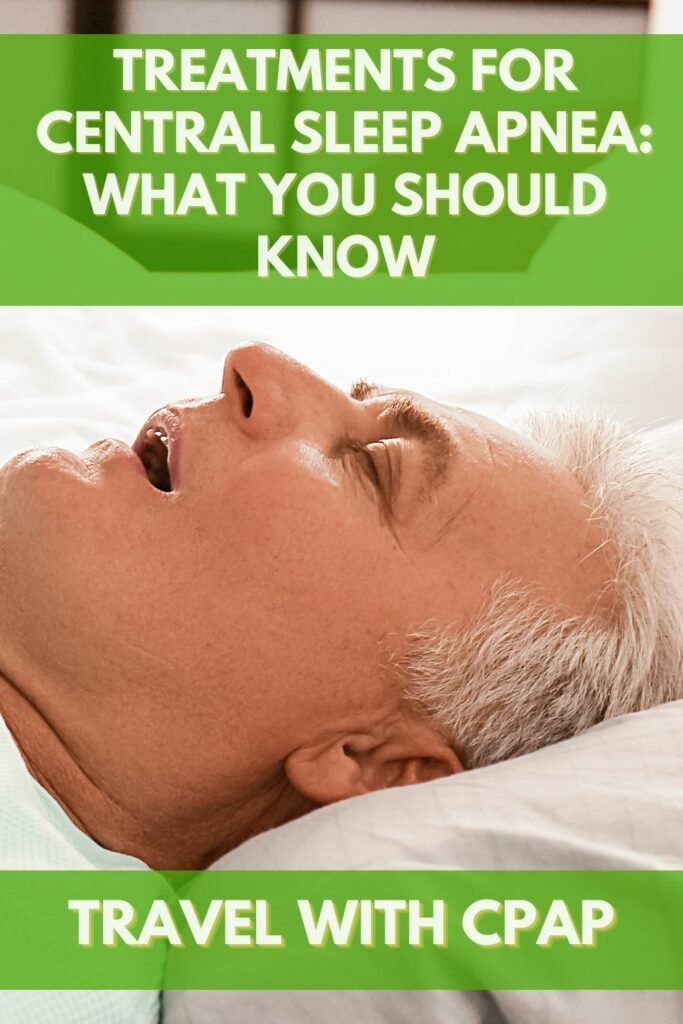
Out of the options that we’ve listed above, CPAP Therapy is the one that we highly suggest.
It is usually the go-to treatment among sleep doctors for their patients with Central Sleep Apnea and has been proven to be effective.
I personally use a CPAP Machine and it has done wonders for my life. Giving me energy and focus throughout my day.
Other treatments, such as ASV or BiPAP Therapy, may also help, but we suggest talking to your doctor and getting a personalized treatment plan.
